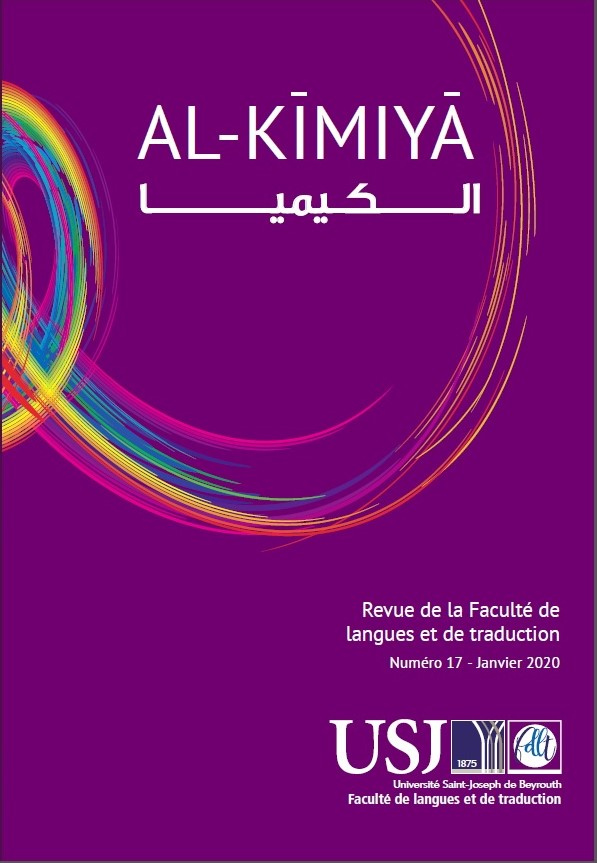Abstract
Translation has long been a pedagogical instrument of choice in the hands of the traditional method, before falling out of favor with the emergence of methods hostile to the intervention of the mother tongue in a foreign language class. As part of this tradition, and complying with a certain approach of the communicative method, the teaching of Spanish in the Ivorian second degree is marked by a strong tendency to refuse translation, especially in the evaluation. Through a survey of 270 first-year Spanish students, this contribution provides an overview of the real-life manifestations of translation in our Spanish high school classes before making proposals in order to make the most of this particular but usual use of languages in the global village that has become the world.

